Telehealth Resource Library
Resources By Category
laws in your state
specific to your profession
telehealth & telemental health
behavioral health providers
up a telehealth program
support telemental health organizations
Handbooks and Workbooks
Featured Articles
13 Steps for Securing Patient Privacy While Using Telehealth
The effects of COVID on telehealth have led to a viable and sustainable solution to many of the challenges facing healthcare delivery in the U.S. Virtual healthcare services are now one of the fastest-growing areas in the healthcare industry. According to Centers for Medicare & Medicaid Services (CMS) reports , from March to October 2020, 68 million telehealth services were delivered, showing a 2,700% increase compared to 2019 reports.
Read More
HHS Provides Clients Guidance for Telehealth Sessions
In the digital age, telemental health services have become increasingly prevalent, offering a convenient and effective means of therapy. As a behavioral health provider, it is crucial to consider not only the safeguarding of your clients' mental well-being but also their information security. This article explores the responsibilities of behavioral health providers in informing clients about protecting their data while using telehealth services.
Read More
Obtaining and Maintaining Multi-State Licensure
We’ve invited Kathleen Shannon to discuss the process of pursuing multi-state licensure for licensed behavioral health professionals. With the advent of telehealth , there are more and more possibilities for practicing in various areas. Some providers may have a particular niche with a demand for services. For others, continuity of care is essential. For example, Kathleen Shannon noted that when the pandemic started and some people had to move out of state, there were issues with providers not being able to continue care because they lacked licensure in the particular state. Ms. Shannon notes that complications arise as different states have varying regulations and requirements for licensure.
Read More
Online Family Recovery for Families of Residential Treatment Program Residents
Since the COVID-19 pandemic, behavioral health services online have become a new normal of consumer expectation: clients want effective treatment in-person and online. To offer effective behavioral health services online, clinicians stay mindful of nonverbal and verbal communication, remain flexible, and adjust curriculum and process as needed. When patients are admitted to residential care facilities for mental health or addiction issues, it is often expected that family members are part of the recovery team. Most family members do the best they can, and they often need guidance and structure to help them navigate recovery from their loved one’s illness and manage the stress and fears that come up as their loved ones approach discharge. Sierra Tucson Addiction Treatment Center is a leader in recovery from behavioral and mental illness and addiction and is committed to offering support to families of loved ones who are in treatment.
Read More
Opiate Use Disorder in our Systems and Community
I have been a substance use counselor for nearly 17 years. When I started, a patient who used opioids or heroin was uncommon; now, if a patient has not used opioids or has never overdosed, we are mildly surprised. When suboxone (buprenorphine) arrived on the scene, we all thought our opioid crisis was over; little did we know. I was talking to one of my coworkers, who is friends with one of the local EMTs; she stated that our town has 6-10 overdoses daily. The population of our town is only around 100,000 people.
Read More
The Future of Behavioral Healthcare for Organizations
Dr. Jonathan Neufeld, the Program Director of the Great Plains Telehealth Resource and Assistance Center (gpTRAC) has spent the last 15 years steering healthcare organizations toward telehealth solutions. When he began his work in the field, few people were talking about telehealth technology; but once COVID-19 entered the picture, healthcare organizations realized that this underutilized treatment option became a necessity for patients and providers. In this video interview, Dr. Neufeld identifies factors that organizations should consider when integrating telehealth technology into their practices, current technology constraints for treating patients, and a glimpse of the technological future that could be awaiting us.
Read More
Client Resources
Emergency Help (USA)
We have compiled a list of Helplines according to various categories. We hope this can be useful to anyone looking for quick access to what could be life-saving information.
Read More
Preparing For a Video Meeting
Online counseling (aka video counseling, virtual counseling, etc.) can be an excellent way to receive mental health care, and its use is growing for many reasons. If you choose to go this route, here are six steps to a quality video session with your mental health provider:
Read More
Self Assessment
Anyone can experience stress or sadness due to a variety of factors such as major life changes, work challenges, health or family issues, and a host of other challenges that can be short-term or long-term, intense or mild, frequent or seldom. People who have experienced trauma, anxiety, or depression are often unaware of the effects on their lives and on the lives of those around them; they can become accustomed to it. Some turn to alcohol or other substances in an attempt to “remedy” the symptoms, causing dependency or substance abuse. Because of this, healthcare teams create tools to assess and screen for these behavioral health symptoms.
Read More



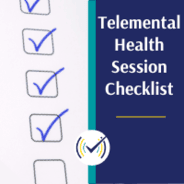



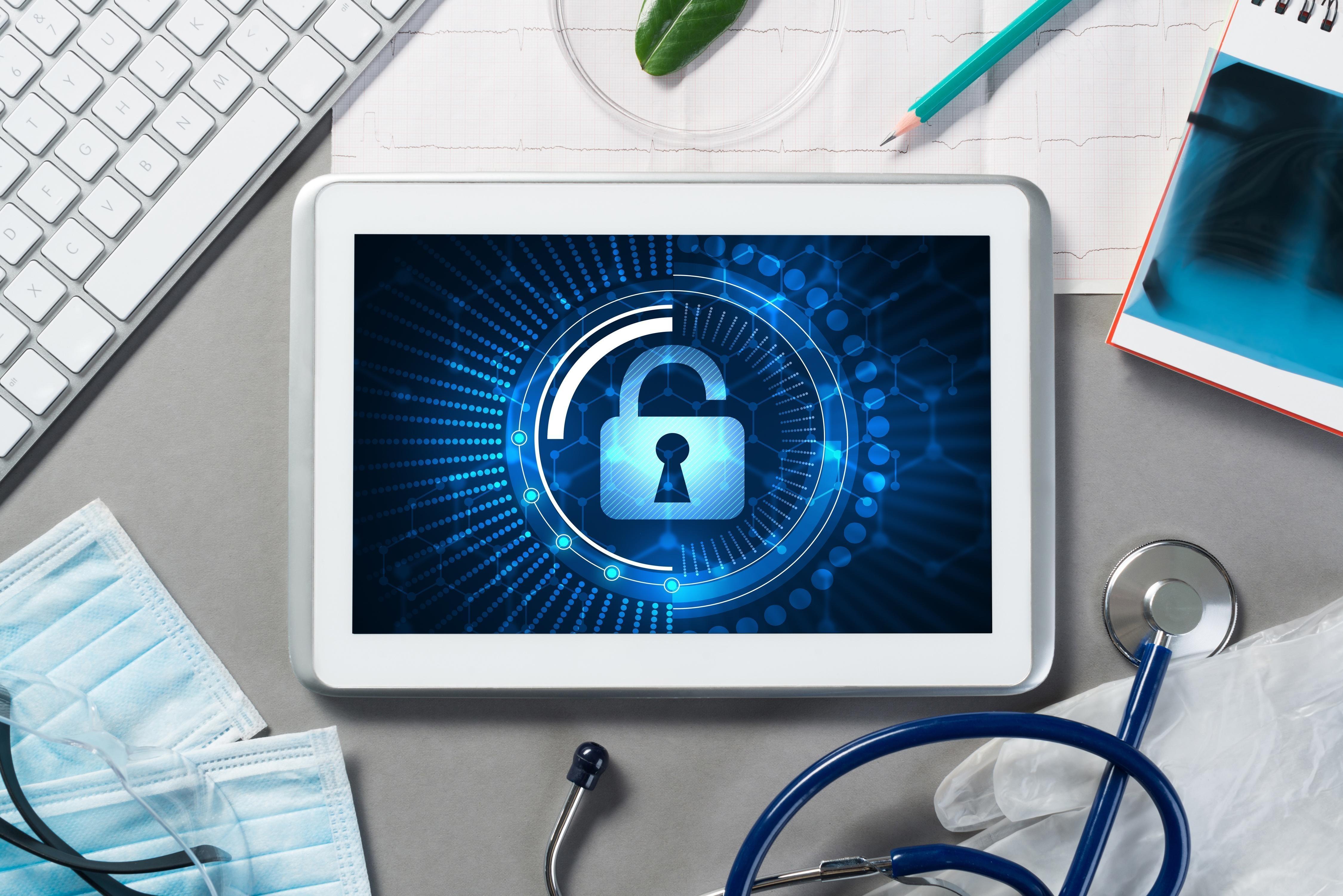
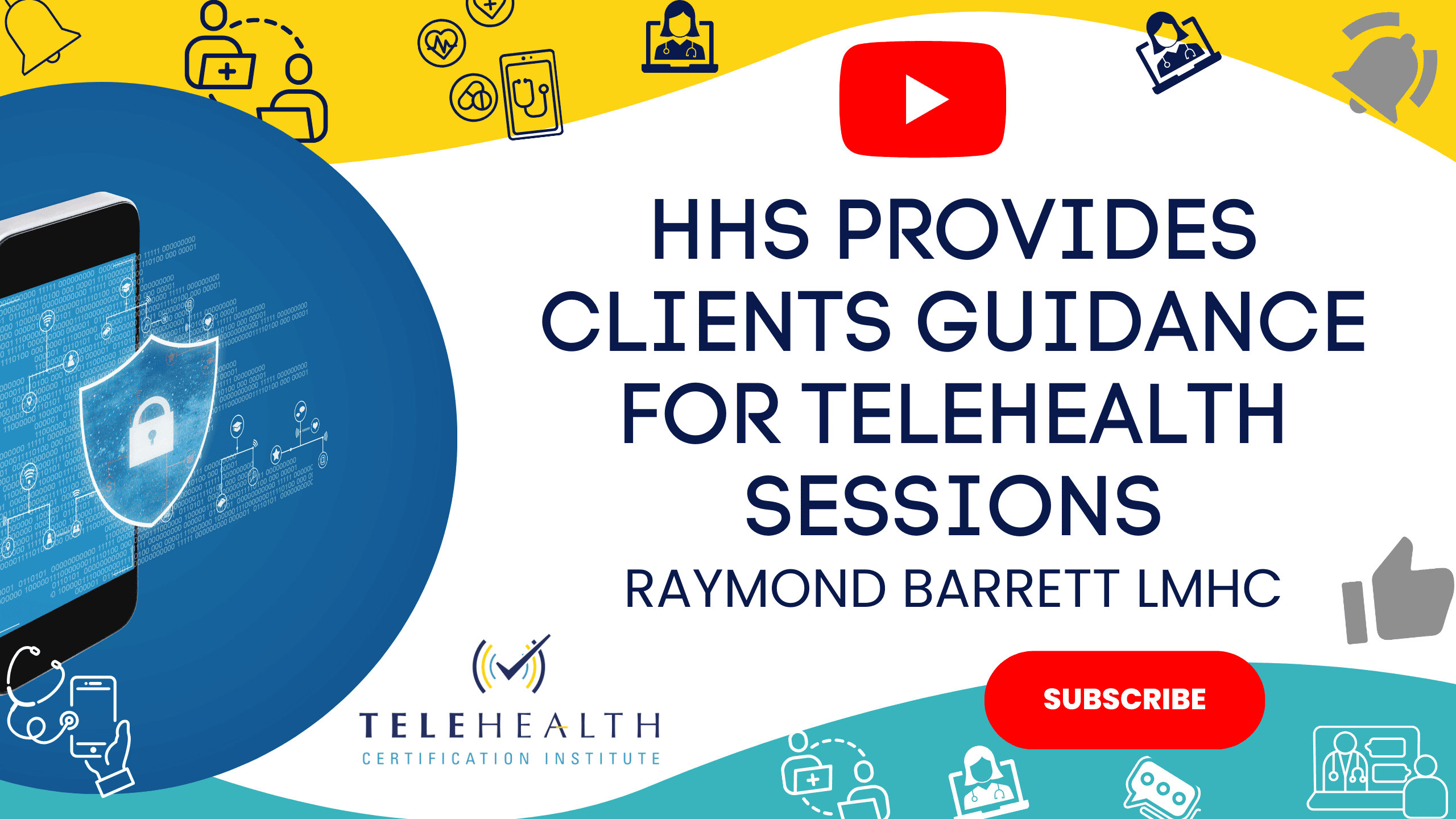
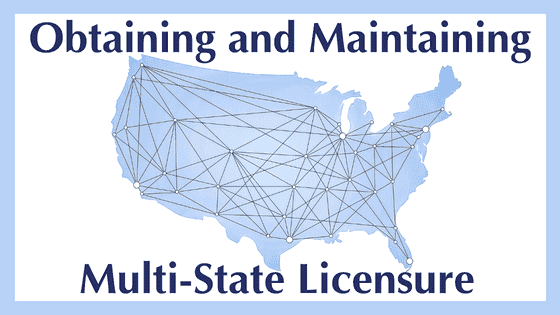
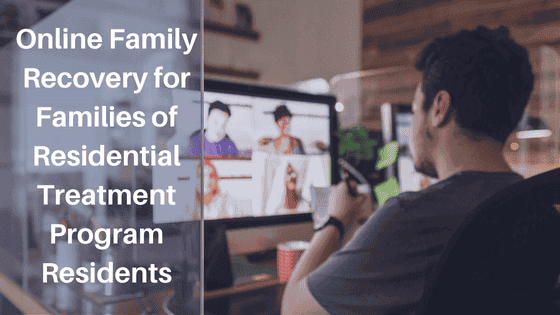
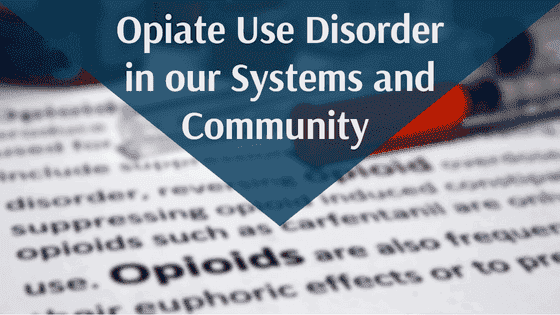
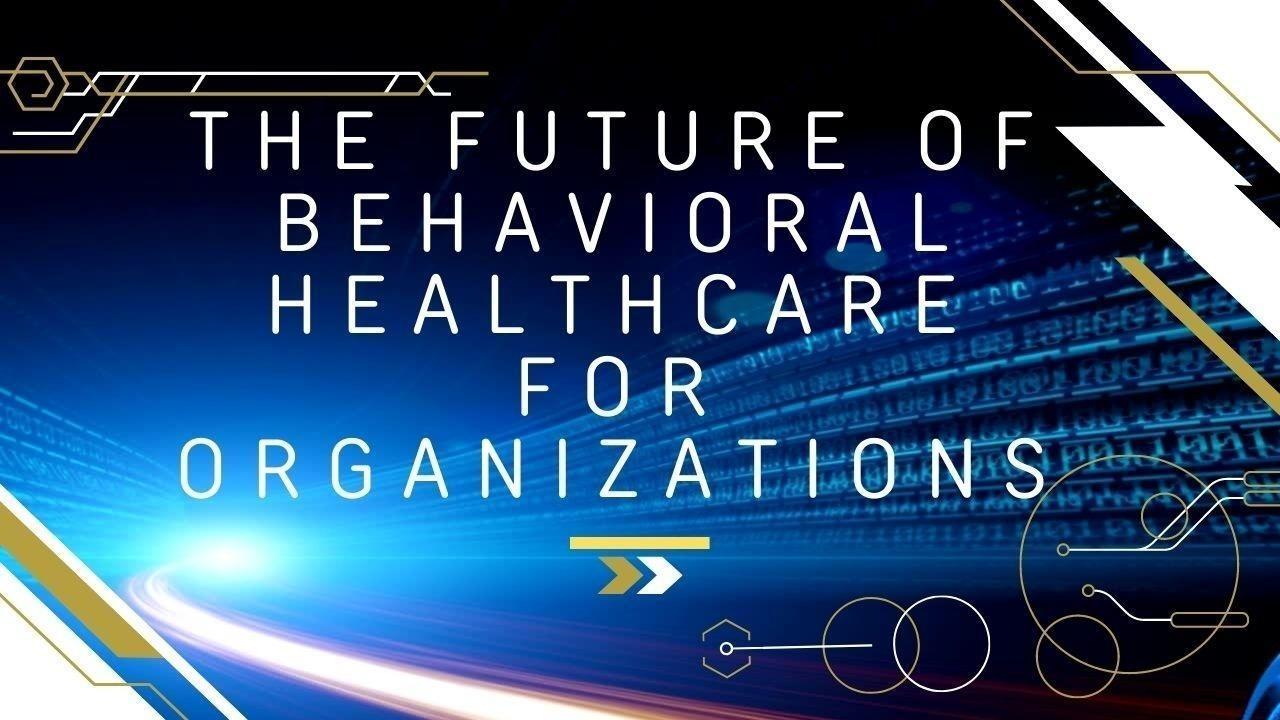




The course was so informative and I was glued to my screen for the entire duration. I received so much knowledge concerning ethics in telehealth and I am greatly encouraged to read about all the standards and policies that pertain to my practice. Thank you!.